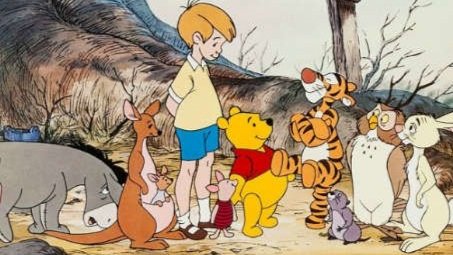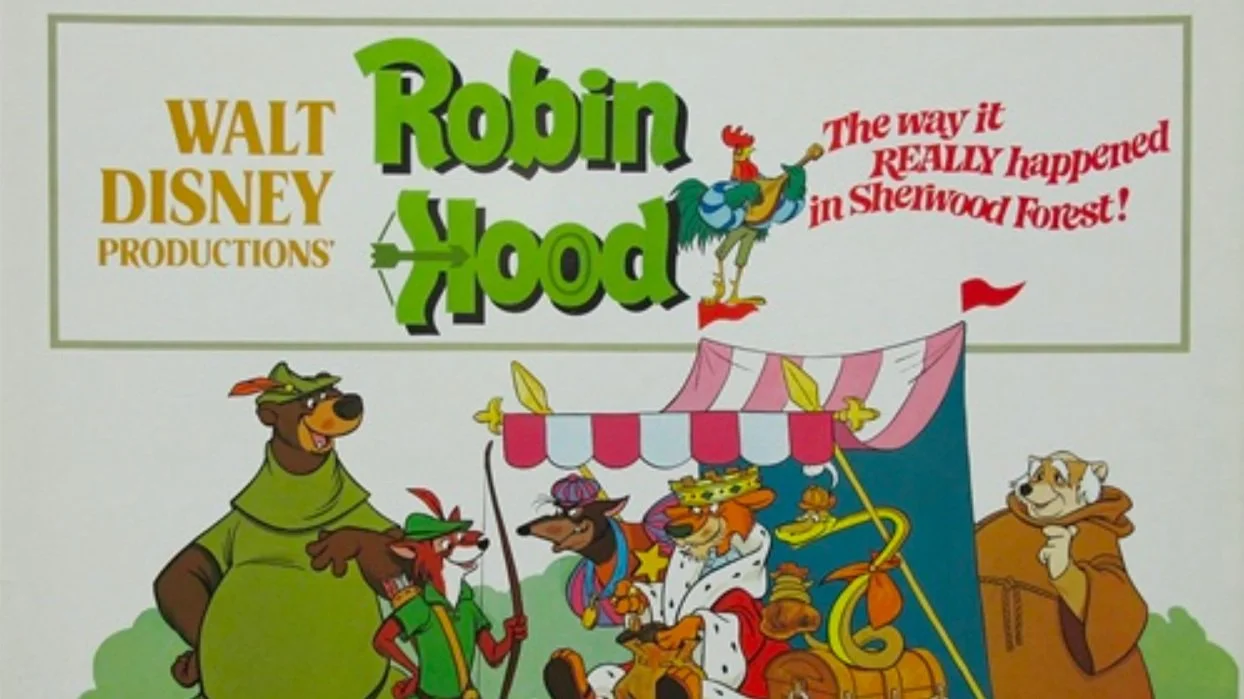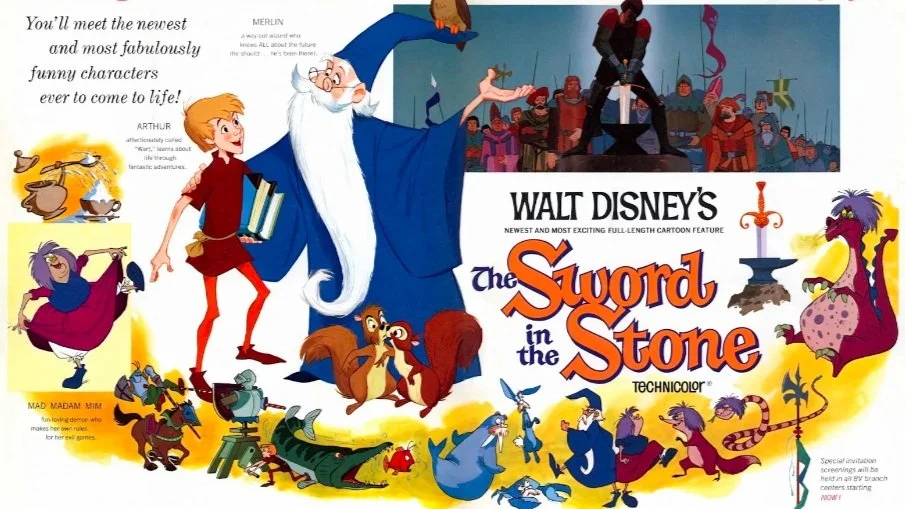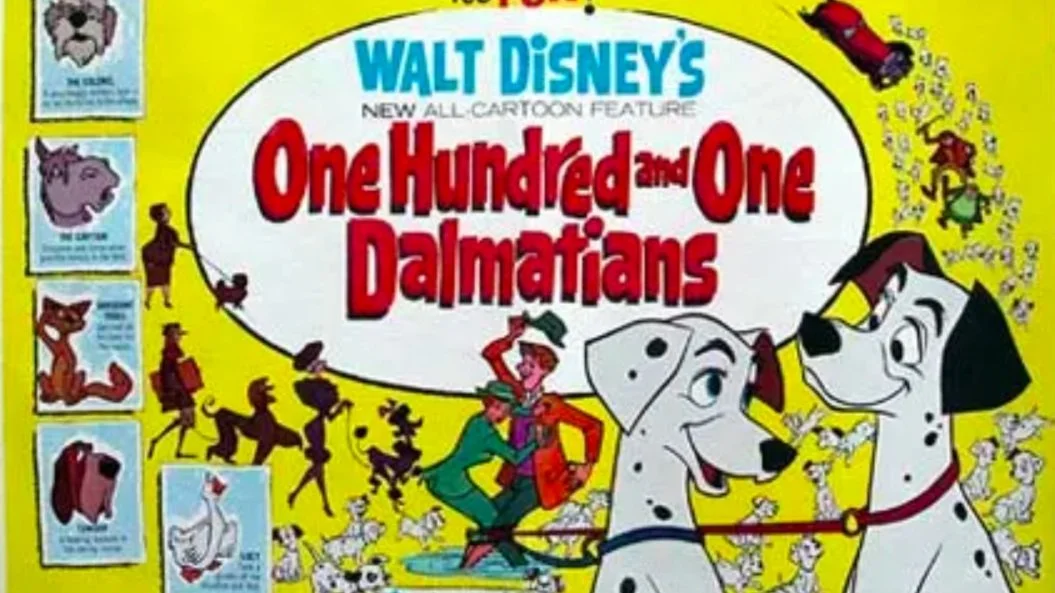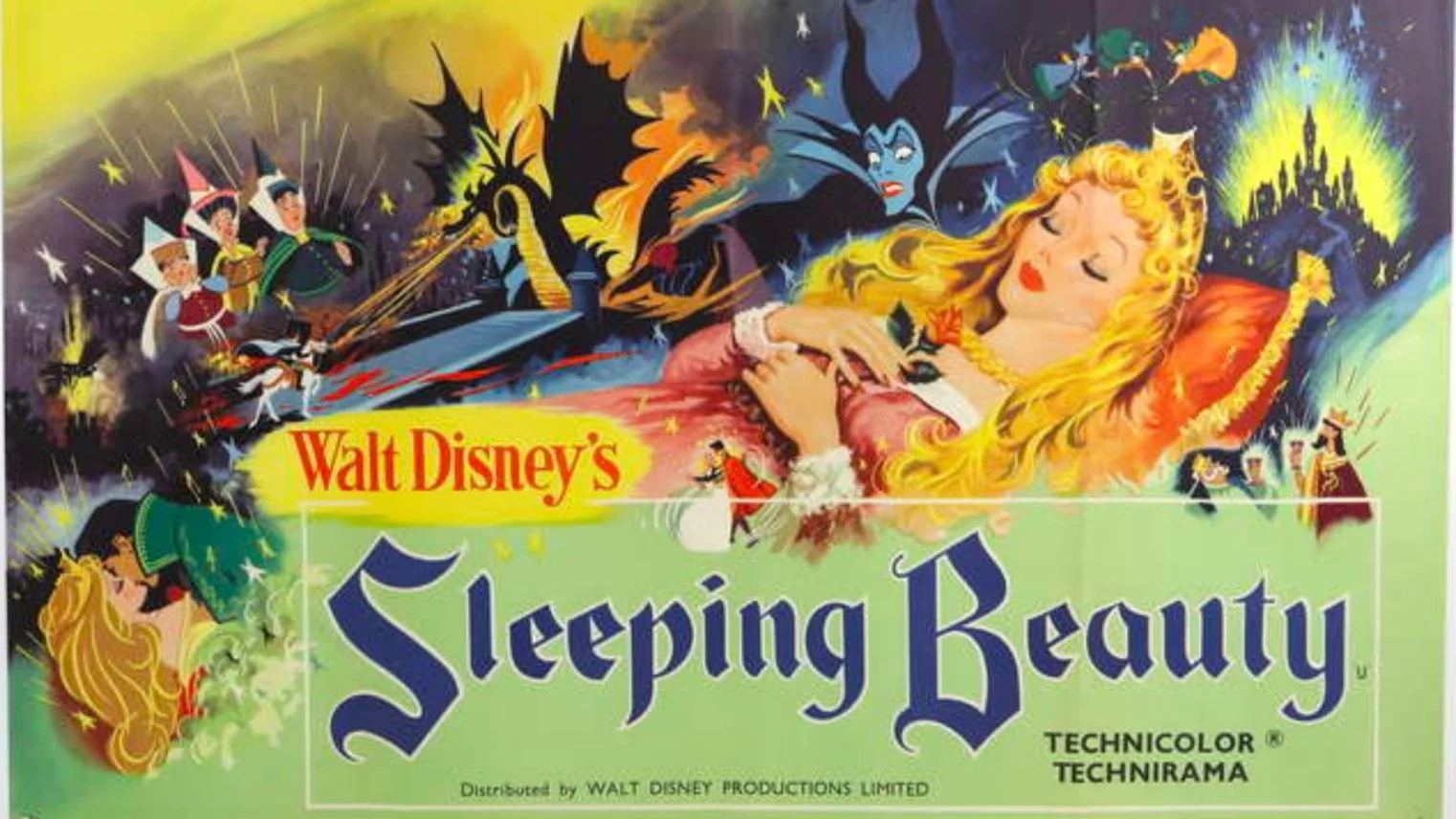Beyond the Final Girl: We Need to Talk About Kevin and Motherhood in Horror
Women in horror films have often been tortured, murdered and subjected to a disproportionate amount of pain and terrorising compared to their male counterparts. However, horror is also the only genre in which women generally get more screen time than men. What does it mean to see yourself represented in these films? In Hannah Holway’s new column Beyond the Final Girl, she looks at the last ten years of innovative, groundbreaking horror, and the ways in which female characters are portrayed, as monsters or victims.
The mother in horror has long been a deadly prospect. Since Norman Bates’ mommy issues in Psycho, complicated, perverse and terrifying relationships between mother and child have become commonplace in the horror genre, from Rosemary’s Baby and The Brood to Hereditary and mother!. With the introduction of second-wave feminism came a surge of horror films featuring monstrous mothers, often pushy, controlling, and/or man-hating. But into the 2010s, motherhood in horror became acquainted with something more chilling; the prospect that a life brought into the world by the mother harbours unlimited possibilities, from detachment to downright derangement, and somehow, society will always find a way to place the blame on the mom. Nowhere is this hinted at more than in Lynne Ramsay’s searing 2011 horror We Need to Talk About Kevin, a film which asks one unnerving question after another and leaves them all provocatively unanswered.
Adapted from Lionel Shriver’s epistolary novel of the same name, Ramsay’s film is an eerie, uncomfortable, and haunting journey through a woman’s struggle with raising a child who, seemingly since birth, has set out to punish her. Eva Khatchadourian, played by Tilda Swinton, is in almost every single frame of the film. Eyes hollow and rimmed with exhaustion, she drifts through her days, surviving but not living, and replays memories of her son in an attempt to figure out what went so wrong. This is all in the aftermath of an incident constantly foreshadowed through a masterful use of sound, motifs and flashbacks. We Need to Talk About Kevin might not be a typical inclusion to the horror genre - there are no jump-scares and very little gore - but what Kevin (Ezra Miller) does proves to be so horrific, the revelation of the incident so shocking, that the possibility of inspiring nightmares in its viewers makes it far more terrifying than much of what we might consider horror to be. It is ultimately revealed that Kevin walks into school armed with a rucksack full of bike locks and his beloved bow and arrow, traps seven fellow students in the gym and brutally murders them. Eva lives alone after her son’s massacre, confused, ashamed, and increasingly isolated from the judging eyes of the outside world.
The first two shots of the film juxtapose a foreshadowing image of the worst day of Eva’s life - her discovery of what Kevin has done - and one of the happiest, at the La Tomatina festival in Spain. A successful travel writer before Kevin’s birth, we never see Eva as blissful and contented as here, being passed round a huge crowd of festival-goers, covered in the juice of tomatoes. The stain of blood-red will become a recurring motif throughout the narrative - a toy car, a ball, the doors of the gym, tins of tomato soup - to signify the horror of the crimes Kevin will commit (Ramsay makes a wise choice not to show us any of the attack, allowing us instead to imagine the fear of the students). An argument could be made for either Eva or Kevin to be the monster of We Need to Talk About Kevin - or even Kevin’s oblivious, doting father and Eva’s husband, Franklin - but the question of whether Kevin was simply born evil, or whether he sensed his mother’s disdain for life as his mother and vowed to punish her for it, remains open. In Ramsay’s horror film, the monster is not a single entity, but a societal fear: motherhood and maternity.
1960’s Psycho not only changed the face of horror films forever, but it introduced a mainstay of the genre that still crops up time and time again. Mothers as the monster of the narrative is a trope that surely has its roots in the entrenched ideology of women supposedly being ‘hysterical’, and it soon became as common in horror as the 'final girl’. The Exorcist makes it very clear that if Ellen Burstyn’s Chris wasn’t a divorced working mother, and had instead ensured a traditional nuclear family unit, her daughter Regan may not have become possessed. In Rosemary’s Baby, Mia Farrow’s eponymous mom is racked with insecurities and anxieties about the wellbeing of her child (who’s literally the spawn of Satan) but continually ignored by those around her, much like We Need to Talk About Kevin’s Eva. In the book Maternal Horror Film, Sarah Arnold posits that “the horror film represents the mother as a site of both fascination and repulsion”. Indeed, many well-loved and oft-discussed horror films feature an unhinged mother, either possessed by external forces as in The Babadook and Hereditary, or are intent on gaining full possession and control over their child - an over-exaggeration of an innate motherly desire to protect their offspring whatever the cost - most notably in both iterations of Stephen King classic Carrie. Horror is obsessed with the mother figure.
However, as opposed to crazed, controlling mothers in films such as Carrie and The Brood, Eva mercilessly experiences the horror of maternity with no attempt to control it. Despite presumably never desiring pregnancy or children, she follows societal expectations and gives birth to Kevin, much to her husband Franklin’s delight. While pregnant, Eva is painfully uncomfortable with the ostensible ease with which other women settle into maternity; before a prenatal class, she becomes overwhelmed with the obtrusive bumps of happy soon-to-be-mums and quickly leaves, a clan of giggling girls in tutus streaming down the corridor around her. Her screams during Kevin’s birth are blistering, but the midwife simply tells her to “stop resisting”. This pain is, in the eyes of society, normal: a rite of passage for women. But as Eva’s screams merge into Kevin’s first wails, she looks terrified at the prospect of life with this child, while Franklin gently rocks his new son, beaming and taking on the role of the doting parent. In one of only a few flashbacks to Eva’s life pre-Kevin, she is seen dancing barefoot in the rain, happy and visibly in love with Franklin, who asks her to promise that she’ll “never go away”. She responds “I will never, never go away”, and her domesticity is secured. Arnold contends in Maternal Horror Film that “The horror film perpetuates dominant representations of ‘mother-love’ in which a certain type of motherhood is culturally valued”. Eva consistently fails to conform to the idea of motherhood generally accepted by society, seemingly from the moment Kevin is born; as proven by the judging eyes of those around her as she stands, in a state of bliss, in front of workmen while the sound of a drill drowns out her baby son’s relentless screams. Eva is tricked into the American Dream of a suburban family that she never desired, but she stays, knowing it’s what is expected of her.
Indeed, in Ramsay’s film, the traditional gender roles of the nuclear family are flipped, with Eva valuing her independence and telling her husband “You can house-hunt all you want, I’m telling you, I’m not leaving the city”. But Franklin desires excess, so they soon move into a grossly over-the-top, bourgeoisie home, which Franklin calls “[their] own little castle”. In a shot of Eva leaving a courthouse, presumably following Kevin’s conviction, she tells her lawyer “I hate the house. I always have”, when he tells her she’ll need to find somewhere else to live. While Franklin aspires to this parading of wealth, both Eva and Kevin are intensely disinterested; Kevin rejects the emptiness of a materialist society, while Eva clearly doesn’t care for keeping up appearances. In fact, throughout the film, we’re led to believe that despite their disconnect and the horror that Kevin subjects his mother to, Eva and her son are not all that different. In comparison to Franklin’s persona as naive, permanently happy goofball (portrayed perfectly by John C. Reilly), and the clingy younger child Celia, both Eva and Kevin are more reserved and brooding - not to mention their black eyes and striking bone structures connecting them through physical resemblance. Kevin even remarks that he got his “harsh” nature from his mother. These similarities haunt Eva even more in the aftermath of the massacre, knowing that she understands, and has always understood, Kevin’s psyche in a way that Franklin never did. Kevin torments her at every turn, making sure to play the loving son whenever his oblivious dad is around. Ultimately, every terrible thing he does throughout his life is to punish his mother and, in some twisted way, to entertain her; in Shriver’s novel, Eva asks Kevin why he didn’t just kill her, and he responds cruelly, “You don’t want to kill your audience”.
In one crucial flashback, images of Eva lying in bed, grief-stricken, mouth agape, are interspersed with shots of Kevin’s high-school victims, crying out on stretchers with arrows jutting out of her bodies. In a way, Eva has died too, Kevin serving as her killer, having taken away the only happiness in her life. As in the novel, the last twist to Ramsay’s film is revealed after much foreshadowing, including that very first shot of the curtains that Eva walks through before being confronted with the gravity of Kevin’s malice: after witnessing the aftermath of the school massacre, she returns home to find Franklin and Celia murdered on the lawn, more tell-tale arrows in their backs. In a final act of punishment for Eva bringing Kevin into the world despite never truly wanting to - telling him as a child that she “wakes up everyday and wishes she was in France,” instead of stuck at home with him - Kevin, having overheard his parents discuss divorce, decides he cannot let Eva get away with what she has done. Not long before the incident, after sixteen years of familial difficulty brought on by their son, Eva and Franklin decide to split, and Franklin dryly laughs that “at least custody’s a no-brainer”, suggesting that his wife will finally be free from the life that she never desired. Franklin tells Kevin that he doesn’t understand the context, and Kevin hisses “I am the context”. In this fraught moment, Kevin realises that if his parents divorce, Eva will return to the happy, independent career and life she enjoyed before her family changed everything, leaving her son ‘stuck’ with his ignorant father in a society he despises. This won’t do; and of course, once he’s committed his horrific acts, Eva will be the one to suffer. In her new life, vandals cover her house and car in fake blood, grieving mothers slap her in the street, and a menacing male co-worker tells her that no-one else will want her now. In the eyes of a world that conforms to traditional ideas of what a mother should be, Eva has drastically failed, and she must now bear the brunt of the blame for what her son did.
Ultimately, Eva could never have won. She allowed her life to become something she never wanted but society told her she needed; once a mother, no matter how unhappy she felt, she was trapped, for nothing is more monstrous in the eyes of society than a mother who abandons her family. Unlike mother!’s desperately maternal protagonist, who longs for a child and demonstrates a sacrificial motherly love for her son when he arrives, Eva and Kevin show practically no physical affection towards each other, operating more like strangers than family from the very start. There are only two exceptions; in the first, a young Kevin is feverish and snuggles up to his mother as she dotes on him, reading a story about Robyn Hood that ironically triggers his deadly love for archery. Eva, though initially in disbelief that her child is hugging her, appears truly happy in this moment, begging the question that if she and Kevin had formed a bond when he was born, would Eva had settled into the life of domesticity she despised, or would her resentment still be there? The only other time we see any hint of affection between the two is in one of the very last scenes, where, just as he was when sick as a child, Kevin is unusually vulnerable. Head shaven and with fresh scars on his face, Kevin looks truly terrified on one of Eva’s visits, knowing that he will soon be moved to an adult prison after two years in a juvenile one. Once again understanding her son’s emotions better than anyone else, Eva takes her son into her arms and they hug, perhaps signalling her forgiveness. But the questions remain: was Eva at fault for her son’s tragic actions, or did she simply give birth to a psychopath? Is it possible that a young child senses their mother’s resentment towards them before even understanding what it means? Can the two ever rebuild a relationship with one another, or, more disturbingly, could Kevin’s murders actually bring them closer together? Ramsay doesn’t attempt to answer any of these, but presents a long-suffering woman operating within a society that has decided she belongs to the Other.
While facing multiple rejections for her original manuscript of the novel, Shriver has noted that one perceived issue kept resurfacing amongst the feedback - that Eva was “unattractive”, and readers wouldn’t relate to or sympathise with her. Across the board, lacking a maternal bond with a child is something that society doesn’t accept in women, so it’s not surprising that publishers weren’t keen to take on the character of Eva. Motherhood is still connected to the idea of a good, kind and, yes, attractive woman. We Need to Talk About Kevin asks what might happen when a mother doesn’t conform to this entrenched ideology, and introduces a provocative, difficult entry into a subgenre of horror that centres on maternity, in all its monstrous forms.






